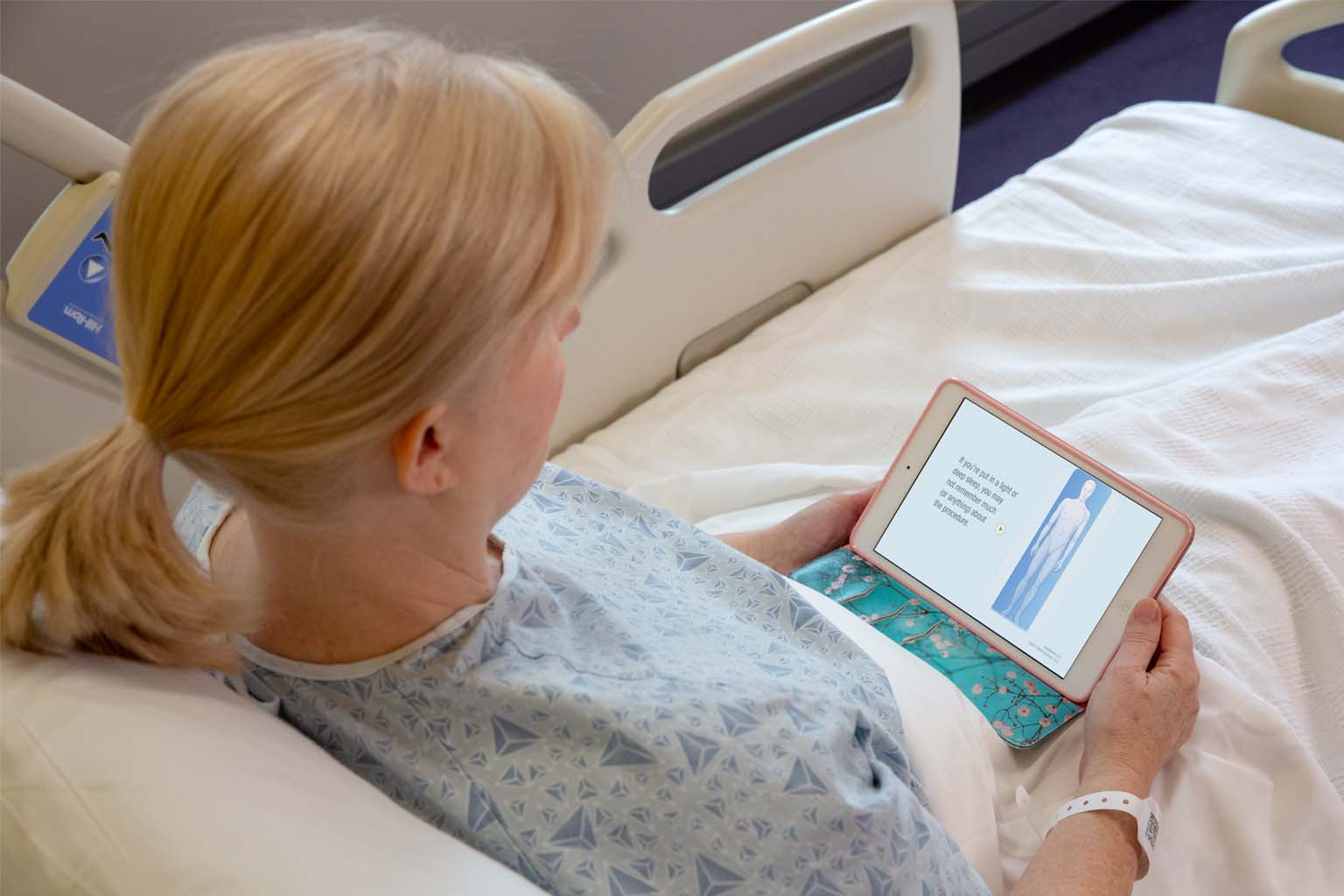Infection Prevention and Control (IPC) is an ever-changing field that continues to expand while attracting infection preventionist (IP) professionals from a wide variety of backgrounds and perspectives (e.g., nursing, public health, laboratory science, etc.).
Effective IPC programs are critical for maintaining the safety of patients, visitors, and healthcare professionals across an array of health care delivery settings including but not limited to acute care, long-term care, critical access, ambulatory, home health, dialysis, ambulatory surgery, etc. The dynamic nature of the IPC field paired with the amount of professional diversity among IP professionals calls for a clear developmental path to be established and a comprehensive IPC practice standard to lean on.
In 2019, the Association for Professionals in Infection Control and Epidemiology (APIC) shared an updated competency model for professional development in IPC. The model includes four career stages (Novice, Becoming Proficient, Proficient, and Expert), represents areas of future growth, and is designed to elevate the IPC profession as well as the IP professional. The model also includes the following six future-oriented competency domains (each with subdomains) to guide each IP through their own professional development journey:
Leadership competency domain
- Communication
- Critical thinking
- Collaboration
- Behavioral science
- Program management
- Mentorship
Professional stewardship competency domain
- Accountability
- Ethics
- Financial acumen
- Population health
- Continuum of care
- Advocacy
Quality improvement competency domain
- Infection preventionist as subject matter expert
- Performance improvement
- Patient safety
- Data utilization
- Risk assessment and risk reduction
IPC operations competency domain
- Epidemiology and surveillance
- Education
- IPC rounding
- Cleaning, disinfection, sterilization
- Outbreak detection and management
- Emerging technologies
- Antimicrobial stewardship
- Diagnostic stewardship
IPC informatics competency domain
- Surveillance technology
- Electronic medical records and electronic data warehouse
- Data management, analysis, and visualization
- Application of diagnostic testing data and techniques
Research competency domain
- Evaluation of research
- Comparative effectiveness research
- Implementation and dissemination of science
- Conduct or participate in research or evidence-based practice
Do you want a deeper dive? Explore an interactive version of the APIC competency model here.




